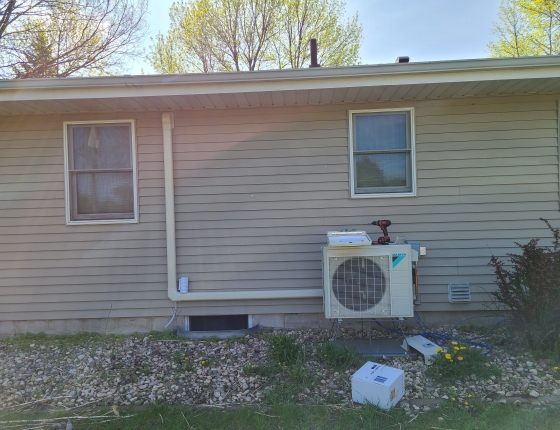This post complements our quarterly research newsletter, which features updates on CEE's research projects. Sign up to get this information in your inbox. October is Energy Awareness Month in Minnesota! CEE prides itself on being an energy efficiency resource hub for all Minnesotans.
Air-to-Water Heat Pumps: The Cold Climate Solution for High Efficiency
Background: This project is a field study of air-to-water heat pumps (AWHPs) to characterize and evaluate 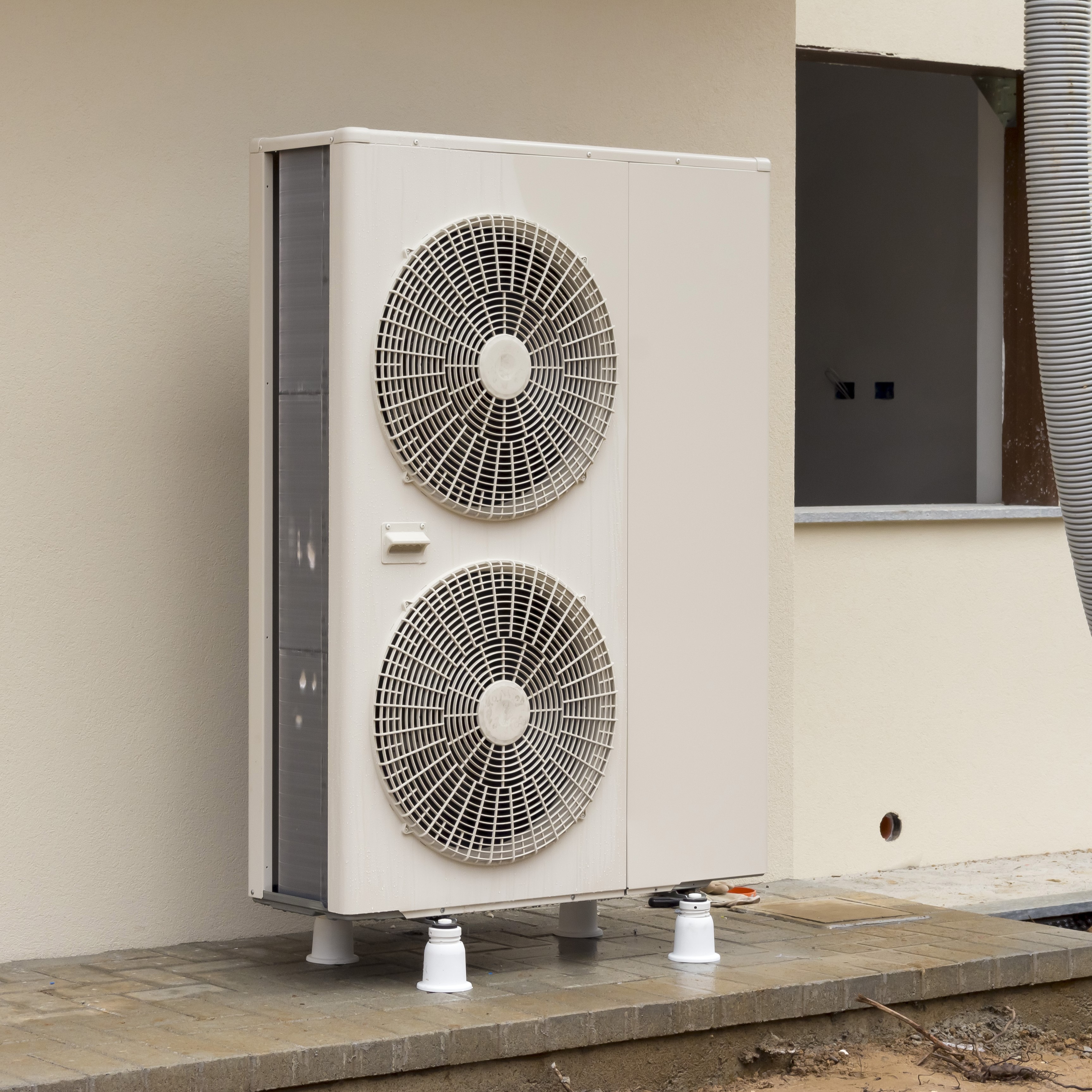 their efficiency, performance, and cost-effectiveness. AWHP systems have the potential to play a central role in the future of electric heating, which is used in 17% of homes served by Minnesota’s cooperative and municipal utilities.
their efficiency, performance, and cost-effectiveness. AWHP systems have the potential to play a central role in the future of electric heating, which is used in 17% of homes served by Minnesota’s cooperative and municipal utilities.
Update: The project team has installed four demonstration systems in MN homes. All four systems provide heating and two include the ability to provide air conditioning. In preliminary results, energy outputs have produced as much as three times the energy input. The team is optimizing controls and thermostats and working on other updates to raise the upcoming heating season’s average coefficient of performance. The team also plans to submit a paper on this project for the ASHRAE and SCANVAC HVAC Cold Climate Conference taking place spring 2023 in Anchorage, AK.
This project is supported by a grant from the Minnesota Department of Commerce, Division of Energy Resources through the Conservation Applied Research and Development (CARD) program, which is funded by Minnesota ratepayers.
Optimized Installations of Air Source Heat Pumps for Single-Family Homes
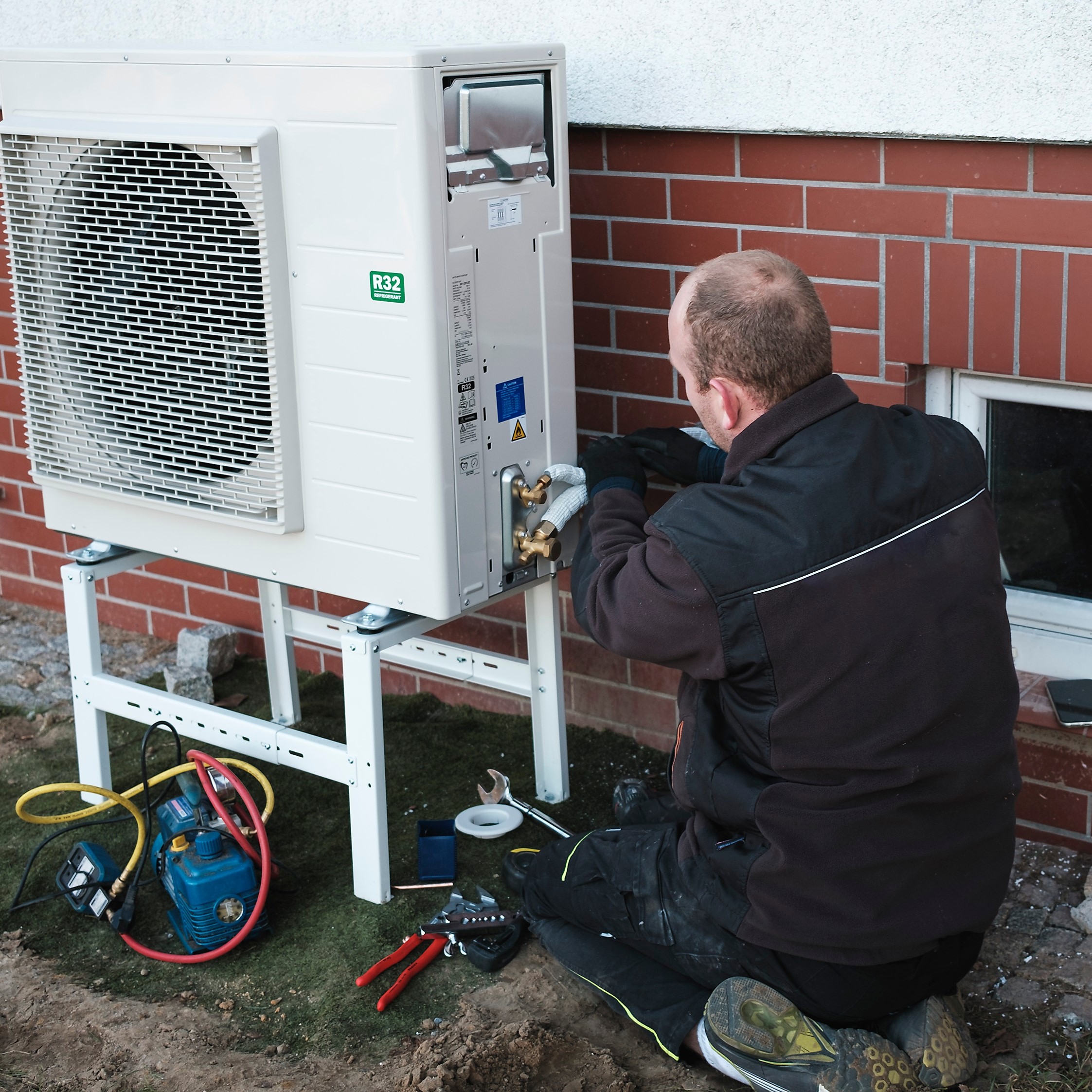 Background: This project will install a sample of cold climate air source heat pumps (ASHPs) in Minnesota homes that are currently electrically heated. It will develop interim protocols for quality installation, which will then be implemented, tested, refined, and validated. Researchers will collect and analyze field data to assess performance and customer acceptance, and to provide government energy agencies and utilities with evidence of reliable real-world savings from cold climate ASHPs.
Background: This project will install a sample of cold climate air source heat pumps (ASHPs) in Minnesota homes that are currently electrically heated. It will develop interim protocols for quality installation, which will then be implemented, tested, refined, and validated. Researchers will collect and analyze field data to assess performance and customer acceptance, and to provide government energy agencies and utilities with evidence of reliable real-world savings from cold climate ASHPs.
Update: The project team developed the preliminary installation protocols and applied these to seven field installations. The team is studying how backup systems can be best integrated with mini-split systems since the two systems operate on their own individual controllers. As they enter the final round of data collection through the upcoming heating season, they will apply third-party controls to optimize integration of the mini-split and backup systems.
This project is supported by a grant from the Minnesota Department of Commerce, Division of Energy Resources through the Conservation Applied Research and Development (CARD) program, which is funded by Minnesota ratepayers.
Community Code Support Program
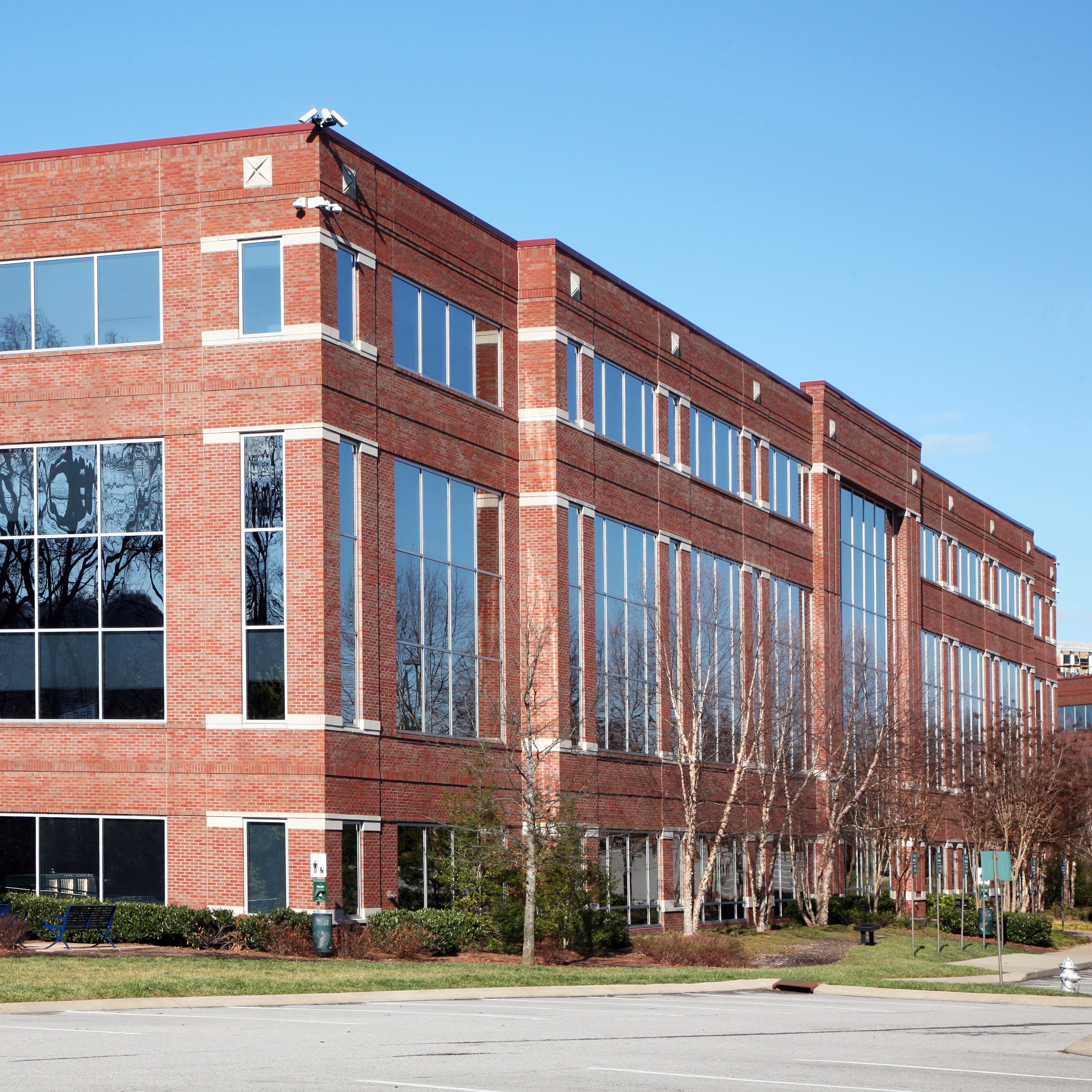 Background: The Community Code Support program is a small-scale commercial code compliance program offered by Xcel Energy and CenterPoint Energy, and delivered by CEE. The program supports participating cities through free energy code plan review for commercial buildings over 50,000 square feet. Based off a 2015–2018 CIP pilot, the program aims to achieve energy savings by identifying energy code deficiencies in new construction at the time of permitting.
Background: The Community Code Support program is a small-scale commercial code compliance program offered by Xcel Energy and CenterPoint Energy, and delivered by CEE. The program supports participating cities through free energy code plan review for commercial buildings over 50,000 square feet. Based off a 2015–2018 CIP pilot, the program aims to achieve energy savings by identifying energy code deficiencies in new construction at the time of permitting.
Update: Permit applications are reviewed with a focus on 30 energy code measures. Code officials are given a report that includes detailed analysis of each non-compliant or indeterminate measure identified. The report may then be used in a way that best suits current procedures, whether that means sending the full report PDF to the applicant or transferring the comments into the city’s plan review software. The program is not currently enrolling new participating cities but hopes to utilize lessons learned to inform future commercial code support activities.
Minnesota Sustainable Buildings 2030
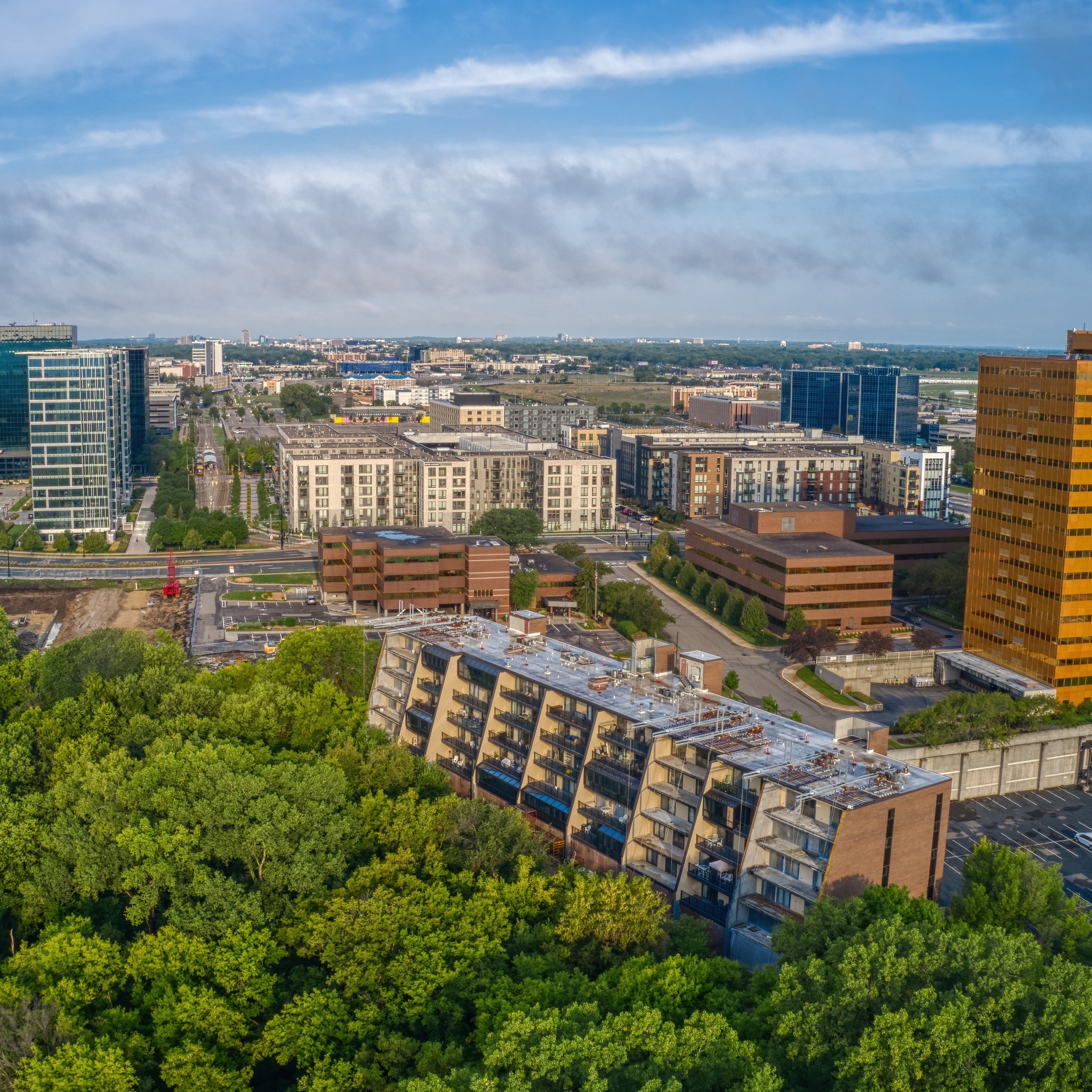 Background: Minnesota Sustainable Building 2030’s (SB2030) energy efficiency standards emphasize measurable whole building energy performance standards for new construction and major renovations of commercial buildings. SB2030 efforts provide a framework to encourage and assist building design teams to incorporate SB2030 standards and receive recognition for verified projects. As a member of the SB2030 Consultant Team and Steering Committee, CEE helped shape the development of the standards and the ongoing implementation of various project efforts to make the process as rigorous and streamlined as possible.
Background: Minnesota Sustainable Building 2030’s (SB2030) energy efficiency standards emphasize measurable whole building energy performance standards for new construction and major renovations of commercial buildings. SB2030 efforts provide a framework to encourage and assist building design teams to incorporate SB2030 standards and receive recognition for verified projects. As a member of the SB2030 Consultant Team and Steering Committee, CEE helped shape the development of the standards and the ongoing implementation of various project efforts to make the process as rigorous and streamlined as possible.
Update: In early 2023, CEE will be leading an updated evaluation of SB 2030’s threshold for cost-effectiveness, currently set at a 12-year payback. This evaluation will be based on updates in state guidelines in response to the ECO Act, as well as updated cost information that will be used in utilities’ next round of the Conservation Improvement Program filings. The volume of project reviews under SB 2030 will be expanding as more policies and ordinances are requiring buildings to follow SB 2030.
